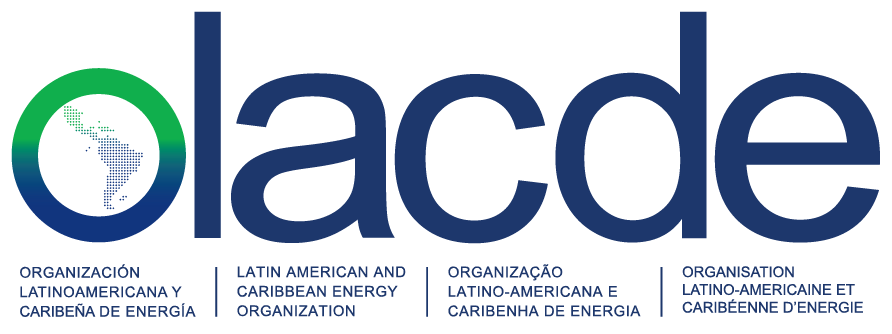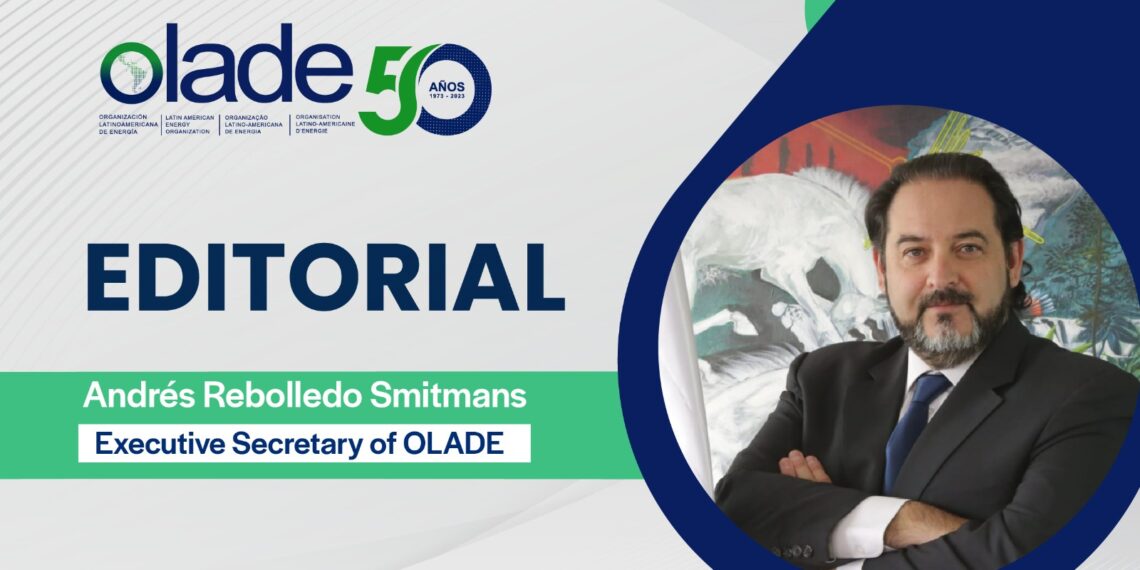Our countries in Latin America and the Caribbean are committed to significant energy transformations, incorporating renewable energy, digitalizing their electrical grids, and developing new fuels.
Moreover, it is crucial to enhance energy integration today as it offers the possibility of becoming more competitive by generating economies of scale and becoming more attractive to investments. Additionally, it is an appropriate response to the significant challenge of energy security. Being integrated into broader networks improves system stability and is seen as a contribution to combating climate change because connected networks primarily transport energy produced from clean sources.
However, this expansion of integration must be pragmatic and gradual, building on what has already been constructed.
The region has made considerable progress in energy integration compared to other areas of the economy, but there is still a long way to go.
Energy integration has been based on bilateral and subregional projects. We have ample room for continued growth. In Central America, 4% of electricity consumption flows through the integrated network. In South America, this is between 5% and 10%, depending on whether shared hydro resources are considered. By comparison, it is 14% in the European Union.
How do we move forward? How can advances in subregions be constituted into something more regional?
From a basic perspective, it should be noted that there are countries with abundant energy resources and capacity, while others simply lack resources.
Additionally, it is now necessary to imagine more innovative ways to contribute to integration. For example, regulatory innovation: the possibility of exchanging electrical energy or natural gas between countries that do not share a border through a third party is already being developed.
Unavoidable technological innovation is also at the forefront: electric mobility, new synthetic fuels, green hydrogen, digitalization of grids. In this sense, there is a possibility of building expanded markets through regulatory harmonization and convergence. For example, it is well known that there is a need to harmonize electric vehicle charging systems between countries. For instance, if I have an electric car and move it from one country to another, I may not be able to charge it in the other country because the regulatory standard is not yet coherent. Here, we have an interesting regional public good that involves generating some degree of harmonization.
There is an important effort for regulatory coherence. The same will happen with other energy sources like green hydrogen, which can be conceived as another means of integration.
I insist that it is best to always build from what has already been achieved. Sometimes in our region, we set goals that are above reality when these types of projects are better raised from the bottom up.
We need to be pragmatic and gradual, but we must start advancing with determination and innovative ideas because the benefits of energy integration are enormous.
Greetings from Quito, Ecuador, headquarters of The Latin American and Caribbean Energy Organization.
Andrés Rebolledo
Executive Secretary of OLACDE


